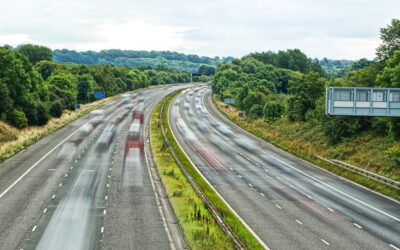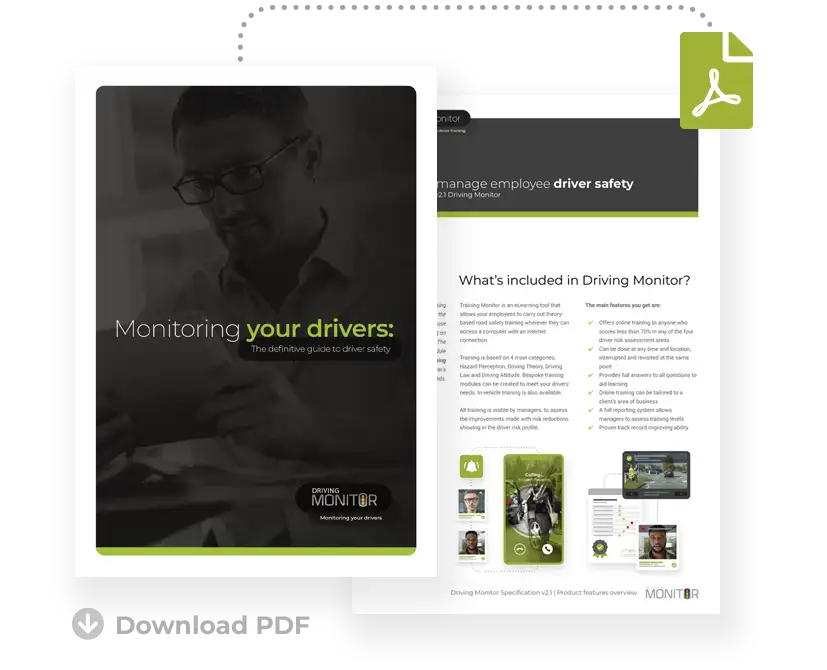UK Set To Introduce Further Congestion Charges And Clean Air Zones

Cambridge is the latest area to consider introducing a congestion charge zone, with the council planning to roll out the charges from 2026.
It would mean a £5 charge for private vehicles driving in the city centre between 7am-7pm on weekdays.
Local authorities are planning further introductions of clean air zones (CAZs) and congestion targets for several reasons including meeting emissions targets and investing in an improved public transport infrastructure.
What Is A Clean Air Zone?
Local councils around the UK are introducing CAZs, with London, Birmingham and Bath already operating their respective zones.
Other cities such as Bristol, Leicester, Bradford, Sheffield, Newcastle, and Manchester are also creating clean air zones.
Each clean air zone involves thousands of signs and hundreds of ANPR cameras being installed to monitor drivers and automatically issue fines and charges where relevant.
Every city has different parameters for clean air zones, but research has found that one-third of commercial vehicles are currently NOT compliant with the base level of requirements to drive in CAZs.
What Is A Congestion Charge?
A congestion charge is a fixed daily fee for driving within a specified zone of a city.
London’s congestion charge has been in operation since 2003 and has had significant success in encouraging more people to adopt public transport, which has also seen a dramatic increase in investment in the 19 years since the creation of the congestion zone.
Cambridge is considering a similar move in a bid to encourage people to use public transport to help meet emissions targets and improve the air quality.
What Is The Aim Of Clean Air Zones?
Councils have been instructed to achieve NO2 targets by 2024 by charging non-compliant commercial and passenger vehicles that drive within clean air zones.
Each zone operates slightly differently, with Manchester’s CAZ making private cars exempt, which is in contrast to Birmingham’s, which is charging older private cars that aren’t compliant.
However, Great Manchester has now delayed the introduction of the CAZ due to issues accessing compliant vehicles as a result of the global semiconductor crisis.
Birmingham’s CAZ has a daily charge of £50 for non-compliant vehicles, while Bristol and London’s zones have a £100 charge. Non-payment of the fines can result in a maximum penalty of £1,000.
London’s CAZ was the first to open in the UK, and the city has since updated the system to the Ultra-Low Emissions Zone (ULEZ).
Fleet owners are now being urged to check the emissions standards of their vehicles and whether they meet the required standard to avoid being caught out by fines.
Are you prepared for the introduction of further Clean Air Zones and Congestion Charges? Do you know what the status of your vehicles is and whether you’ll be liable for CAZ charges? Have you already made the switch to electric fleet vehicles? Let us know in the comments below.
Recent Posts
- Road Traffic Levels On The Rise As Road Safety Concerns Grow
- Road Safety: Councils Told To ‘Prove’ Pothole Repair Progress To Access Funding
- Millions Of Vehicles Remain On The Road Despite Safety Recalls
- ‘One Third’ Of Local Roads Are At Risk Of Structural Failure In The Next Five Years
- Fleets Urged To Check DVLA Policy Over Tests That Could See Drivers Fined £1,000










